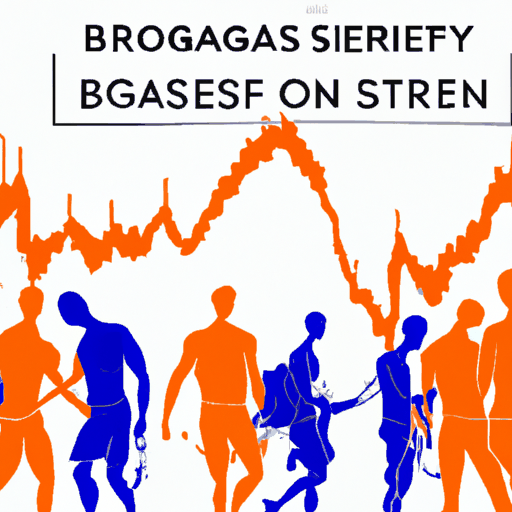
Bitcoin Transaction Fees Skyrocket, Morgan Stanley Mulls Promoting Bitcoin ETFs
By: Isha Das
Recent surges in Bitcoin transaction fees have led to a palpable decline in active addresses, the likes of which hasn't been seen in three years. On April 20, transaction fees for Bitcoin miners spiked to a record 1,257.71 BTC, the highest since 2017. These costs rendered regular financial transactions on the Bitcoin blockchain prohibitively expensive for most users, making only high-value transactions feasible.
The high fees and subsequent network congestion had significant implications on the Bitcoin network, notably impacting network engagement as marked by a decline in active addresses. Active addresses, which represent unique addresses involved either as senders or receivers in successful transactions, saw a sharp fall to 506,862 on the day of halving, the lowest in nearly three years.
In another development, Morgan Stanley may soon allow its 15,000 brokers to recommend Bitcoin exchange-traded funds (ETFs) to their clients. The firm had previously greenlit Bitcoin ETF purchases, though these were customer-initiated. With the shift toward active promotion of Bitcoin ETFs by brokers, the firm aims to draft clear guidelines for solicited purchases, including elements such as risk assessments and trading frequency limits.
The moves from Morgan Stanley are viewed as notably favorable for the burgeoning cryptocurrency industry, particularly in light of the success of ETFs. According to recent data, spot bitcoin ETFs have attracted a net inflow of $12.29 billion and currently manage over $53 billion in assets.



